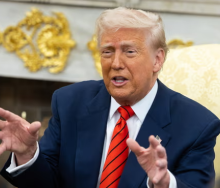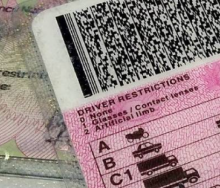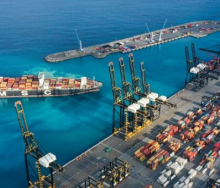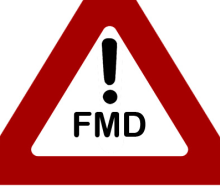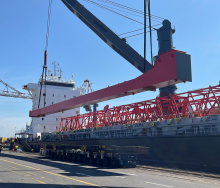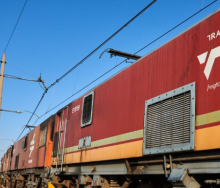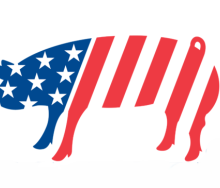South African pension fund members are facing a 60-70% likelihood of having their capital assets “raided” by a government scrambling to find real solutions for the fiscal hardship it has brought on itself through poor economic policies, extensive corruption, sluggish growth, and the crippling impact of a global health crisis.
During a press conference hosted by the Institute of Race Relations earlier today, economist Mike Schussler said “it’s very worrisome. They’re probably already looking at it”.
Last year the same concerns flared up when it emerged that the ANC was mooting what was called “proscribed asset requirements”, or forcing funds to invest a certain portion of their annual capital in the fiscus.
It fuelled fears that such an Act of Parliament could be used to bail out struggling state-owned entities like Eskom, hobbled by years of state capture theft.
Now, at a time when the global economy is reeling from the coronavirus and after South Africa's sovereign debt was downgraded to “junk” by ratings agency Moody’s, it’s very likely that pension funds are once more in the government’s crosshairs.
However, the scrutiny of the International Monetary Fund in relation to South Africa’s dire economic position could stand in the way of government attempts to access private investments, reportedly totalling more than R4 trillion.
At least R1 trillion of that is held by the Government Employee Pension Fund (GEPF).
With South Africa’s collective pension yield said to be significantly high for an emerging market economy of its size, equalling countries like China and Russia, it stands to reason why capital assets held by pension funds are so appealing to the government.
According to Schussler, if pension funds were proscribed for use by the state, as much as 50-60% could be invested in government bonds.
Interestingly, pension funds are already subjected to proscription under Regulation 28 of the Pension Fund Act.
Nevertheless, chances remain that “the government will be going for the biggest savings pile in the country”, Schussler warned.
That “savings pile”, most in the know will confirm, is the GEPF, the very fund administered by the Public Investment Corporation whose record of investment decisions has been tarnished by a litany of corruption allegations.
Said Schussler: “The problem is that most of the pensions belong to Africans. There has been a very big increase in the amount of pensions that African people have.”
A pension fund raid, he said, would involve mainly black pension money.
It will constitute the “biggest destruction of black African assets” in South Africa.

